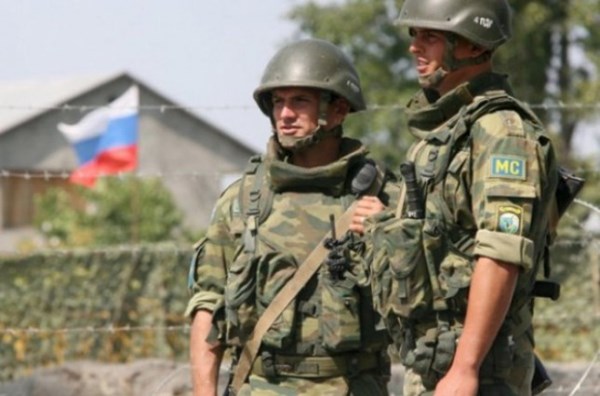Russia prepares for escalation in Syria after Biden comes to power
Russia is preparing for worsening of the situation in Syria after the Democrats come to power in the United States. Russian officials believe that the Democrats plan to change the policy of Donald Trump on non-interference in the Syrian conflict.
On Monday, January 11, a large landing ship Saratov passed through the Bosphorus Strait in the direction of the Russian base in Tartus.
According to Interfax, the ship entered the Mediterranean Sea, where the Russian flotilla of more than ten warships and support vessels is permanently stationed.
At the end of December, another Russian large landing ship Novocherkassk also passed through the Turkish Straits. The Novocherkassk, along with other Black Sea Fleet ships, delivers armaments and supplies for the Russian military and the Syrian government army.
The U.S. is also increasing its supply of arms to Syrian opposition forces. According to the Syrian news agency SANA, over the weekend a large convoy of the U.S.-led coalition, accompanied by air force, arrived in northwestern Syria bringing logistical and military cargo for the base in Deir ez-Zor.
The convoy of 30 vehicles was carrying heavy weapons, including guns and tanks, and arrived in Syria via the Al-Hasakah border crossing on the border with Iraq, SANA sources said.
During his election campaign, Joe Biden, who will be inaugurated to become the 46th president of the United States on January 20, criticized Trump's policy of withdrawing troops from Syria, calling his predecessor “the most reckless and incompetent commander in chief we’ve ever had".
Biden said that Trump’s refusal to support forces opposed to Assad led to the humanitarian crisis in Syria and gave Islamic State "a new lease on life".
"Those brave Kurdish and Arab forces paid a steep price. Defeating ISIS and the caliphate, they lost over 10,000 soldiers. Hear me? Ten thousand. Ten thousand dead. They made the ultimate sacrifice. And then Trump sold them out," Biden said.
With the change of the U.S. administration, the relatively small American contingent in Syria can be expanded and given new tasks such as deterring Russia and protecting Kurdish allies, notes Alexander Aksenenok, vice president of the Russian International Affairs Council.
However, Washington's policy on Syria will largely depend on the development of relations with Turkey and Israel, as well as on whether the U.S. will return to the negotiating table with Iran. Steps towards normalization of relations with Tehran will bring the U.S. closer to Turkey and distance it from Israel and Saudi Arabia, and vice versa, Aksenenok believes.
In the first case, there may be escalation in southern Syria, where the influence of Israel and the Saudis is strong; in the second - in the northwest, where Ankara shows its ambitions, Aksenenok says.
